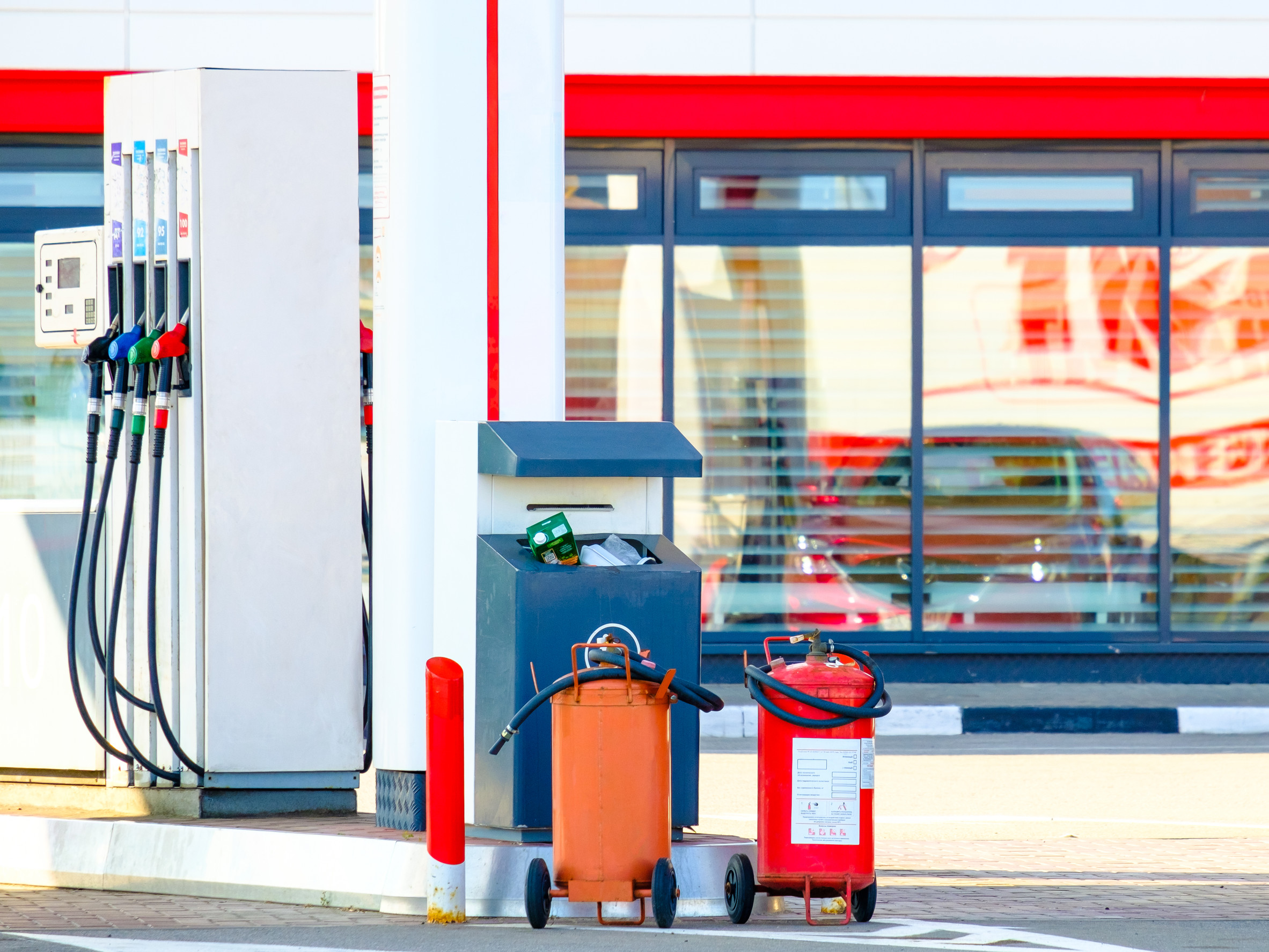
The trash can next to the pump at your local gas station may seem harmless—but it’s become an unexpected tool in a growing surveillance trend. Behind the scenes, some retailers, law enforcement, and private data firms are quietly analyzing what people throw away to build psychological and behavioral profiles. Everything from empty energy drink cans to fast-food wrappers is being used to make inferences about your habits, income, and even risk level.
It’s a shift that has slipped under the radar, operating in plain sight under the guise of cleanliness and convenience. But this subtle surveillance tactic raises serious questions about privacy, consent, and the future of personal data collection.
Profiling Through Discarded Clues
Trash is no longer just waste; it’s a trail of personal data. Items like receipts, packaging, and even cigarette butts are being analyzed for patterns and demographics. What a driver throws away can reveal their brand preferences, stress levels, and even whether they have kids. In some locations, gas station chains partner with data firms to study trash for marketing or predictive profiling purposes. These seemingly minor observations help build a digital dossier on the people passing through.
The Role of AI in Decoding Waste
Artificial intelligence is powering much of this profiling by rapidly scanning and interpreting discarded items. Smart trash cans equipped with cameras and image recognition can identify logos, products, and quantities in real-time. Algorithms then cross-reference this data with purchase trends, local demographics, and even vehicle type. The goal is to create accurate assumptions about drivers without needing to ask them a single question. This fusion of physical and digital surveillance blurs the lines between convenience and intrusion.
Law Enforcement’s Interest in Roadside Litter
Some law enforcement agencies have begun leveraging gas station trash cans as passive data sources. By analyzing discarded materials, officers can look for evidence of drug use, alcohol consumption, or suspicious activity. Trash becomes a proxy for behavior profiling, particularly near highways or border areas. While it’s technically public domain once discarded, using it this way raises constitutional concerns. Critics argue it’s a slippery slope from observing habits to justifying preemptive stops or surveillance.
The Rise of Behavioral Targeting on the Road
Marketers are increasingly interested in knowing not just who a consumer is, but how they behave in real life. Discarded trash offers a raw, unfiltered glimpse into those behaviors in ways surveys or loyalty programs cannot. Gas station chains use this data to tailor ads on pump screens or direct promotions to mobile devices. If someone consistently tosses energy drink cans, they might see more ads for high-caffeine products or get flagged as a long-distance driver. This behavioral targeting creates a feedback loop of influence that drivers aren’t even aware of.
Connecting Trash to Vehicle Data
Modern gas stations often sync with license plate recognition systems or connected car data. When combined with trash profiling, this creates a multi-layered picture of the driver. The receipt from a fast-food chain and the make of a vehicle can suggest socioeconomic status or lifestyle choices. Insurance companies and advertisers alike find this data goldmine valuable for risk assessment or hyper-personalized campaigns. Yet few drivers realize how seamlessly their physical trash connects to their digital footprint.
The Ethics of Non-Consensual Profiling
The core ethical issue is consent—drivers aren’t aware their trash is being analyzed for insights. While public trash isn’t protected by privacy laws, using it for commercial or profiling purposes enters murky territory. There’s a growing debate over whether this type of data collection should require disclosure. Without clear guidelines, companies can collect and use this information without ever informing consumers. The asymmetry of power and knowledge raises red flags for privacy advocates and legal scholars alike.

Gas Stations as Surveillance Hubs
Once places of quick stops and minimal interaction, gas stations are now becoming mini surveillance centers. They capture footage, scan plates, track mobile devices, and now, analyze trash. The transformation has been quiet but deliberate, with many retailers investing in tech to monitor customer behavior. Combined with loyalty programs and payment data, the trash can becomes just one more sensor in a larger ecosystem of profiling. This makes the average fill-up a moment of intense, invisible observation.
Environmental Justification as a Cover
Some companies justify smart trash technology by citing environmental concerns and cleanliness. They claim these tools help reduce litter, promote recycling, or improve operational efficiency. While those outcomes may be real, they also mask the more controversial use of the technology. Behind the green language is a data collection system that benefits marketers and law enforcement far more than the environment. It’s a convenient cover for something far more calculated.
Profiling Risks and the Marginalized
Behavioral profiling based on trash disproportionately affects vulnerable or marginalized communities. People who rely on cheap food or smoke due to stress are more likely to be flagged for certain risks. These observations, when misused, can lead to discriminatory targeting or biased policing. When profiling is baked into marketing algorithms or policing strategies, it amplifies existing inequalities. Trash-based profiling may seem trivial until it shapes real-world outcomes for the people being judged.
The Need for Regulation and Transparency
Currently, there’s little oversight on how gas station waste is used for profiling. The technologies involved have outpaced the laws meant to regulate them. Clear regulations are needed to define what companies can do with data derived from physical waste. Transparency must be prioritized, including signage or opt-out options for drivers. Until then, drivers remain unaware participants in an expanding experiment in behavioral analytics.
The Trash You Toss Could Be Watching You
The rise of gas station trash cans as surveillance tools is a stark reminder that privacy is under pressure in even the most mundane spaces. Discarded cups and wrappers are no longer invisible—they’re data points in a silent system tracking habits and shaping assumptions. As profiling methods become more advanced, so does the need for public awareness and accountability. What looks like a harmless convenience stop could be part of a much larger machine analyzing your every move. It’s time to ask questions, demand transparency, and rethink how easily personal data is being harvested—sometimes from the bottom of a bin.
What do you think about this growing trend? Should gas stations disclose how trash data is being used? Share your thoughts in the comments.
Read More
7 Gas Station Scams You’re More Likely to Fall For at Night
Did You Know That These 5 Things Have Changed At Costco Gas Stations?
The post How Gas Station Trash Cans Are Being Used to Profile Drivers appeared first on Everybody Loves Your Money.







